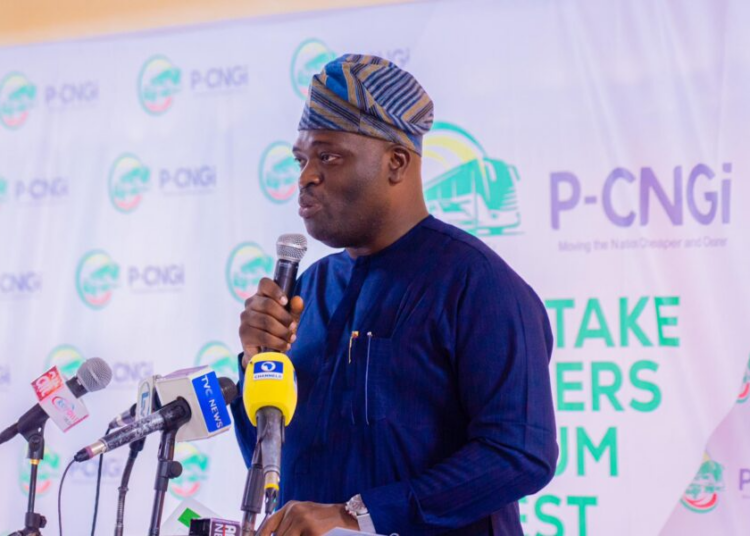
FG LAUNCHES CONCESSIONARY AUTOGAS PRICING FRAMEWORK TO DRIVE NATIONWIDE CNG ADOPTION
By Aishat Momoh. O .
Amid growing demand for cleaner and more affordable fuel alternatives, the Federal Government on Tuesday officially launched the implementation of its Concessionary Autogas Supply and Pricing Framework for Compressed Natural Gas (CNG). The initiative aims to regulate pricing, streamline supply, and accelerate Nigeria’s transition to gas-powered mobility.
Spearheaded by the Presidential Compressed Natural Gas Initiative (PCNGi), the framework is a significant move towards achieving Nigeria’s post-subsidy fuel strategy and clean energy objectives.
Speaking at the Mobility CNG Supply Framework Kick-Off event in Abuja, Programme Director of PCNGi, Michael Oluwagbemi, said the new pricing structure would bring regulatory order to the growing autogas market while preventing pricing abuse.
He explained that the framework—approved earlier in 2024 by the Chief Executive of the Nigerian Midstream and Downstream Petroleum Regulatory Authority—sets CNG prices for autogas lower than gas used for power or industry, underscoring its designation as a strategic national resource.
“In a system where gas is used for multiple purposes, there was the risk of arbitrage — buying cheaper gas meant for vehicles and diverting it for industrial or power generation use. This framework eliminates that risk and creates an orderly market where gas is bought, tracked, and used specifically for autogas,” Oluwagbemi noted.
The framework also establishes a regulated and transparent marketplace, ensuring sustainable participation from suppliers, station operators, and vehicle users.
Highlighting progress, Oluwagbemi stated that Nigeria’s auto-CNG ecosystem has grown significantly, with over 65 CNG refuelling stations now operational—up from just 20 a year ago—and more than 28 additional stations set for commissioning.
“Just this week, we commissioned two new BOVAS filling stations in Ibadan. And with Dangote’s recent announcement of 100 additional CNG outlets alongside the 175 already under construction, we are seeing strong private sector alignment,” he said.
He revealed that daily users of gas-powered vehicles have surged from about 4,000—mainly in Edo State—to over 50,000 nationwide, with projections of between 125,000 and 200,000 vehicles by the end of 2025.
“The queues at CNG stations in cities like Abuja are now a daily sight. It’s a good problem and it signals rising demand,” Oluwagbemi added. “Government won’t build everything, but through incentives like concessionary pricing, we can unlock private investment and hit our target of one million CNG vehicles by 2027.”
Also speaking, the Managing Director of the Gas Aggregation Company of Nigeria (GACN), Chijioke Uzoho, stressed that the framework will ensure regulatory and commercial discipline.
“It will ensure that every molecule of gas supplied under the framework is accounted for, and the pricing structure is adhered to across the value chain,” he said.
Oche Agbese, Manager of Gas Trading and Network Code at GACN, announced that the company had secured an additional 20 million standard cubic feet per day (mmscf/d) of gas, bringing its total to 40 mmscf/d to meet demand.
He also disclosed plans to deploy a fleet of high-capacity CNG trailers to distribute gas from mother stations to daughter stations and retail outlets nationwide.
PCNGi’s Business Development and Strategy Coordinator, Omolara Obileye, revealed that the initiative had attracted over \$500 million in private investment and trained more than 2,500 technicians for vehicle conversion.
She added that the CNG footprint now spans 21 states, with 10 more expected to join soon—cutting transportation costs, lowering governance expenses, and boosting state revenues through domestic gas usage.
The Concessionary Autogas Supply and Pricing Framework is among several PCNGi-led measures aimed at reducing Nigeria’s reliance on petrol, pulutting emissions, and driving industrial growth through strategic gas utilisation.
